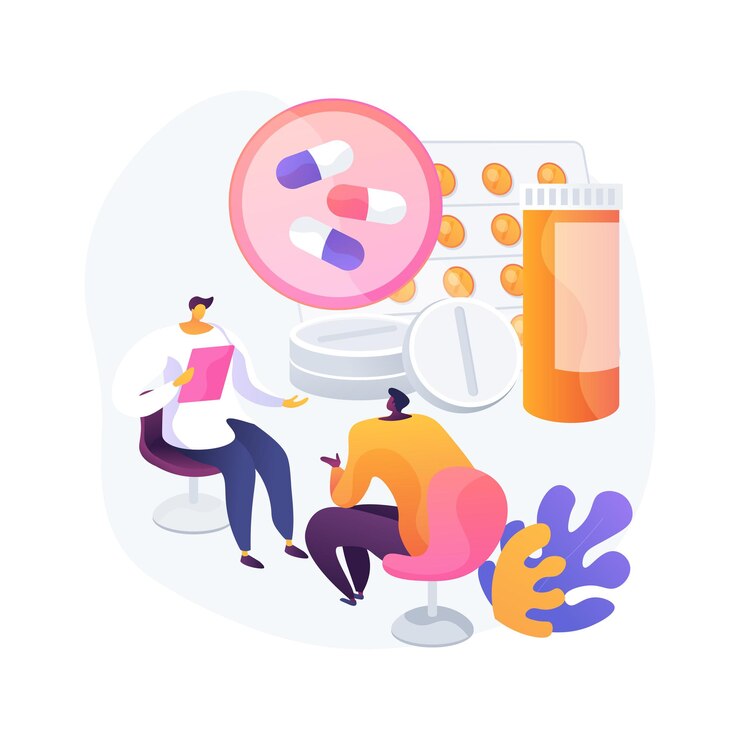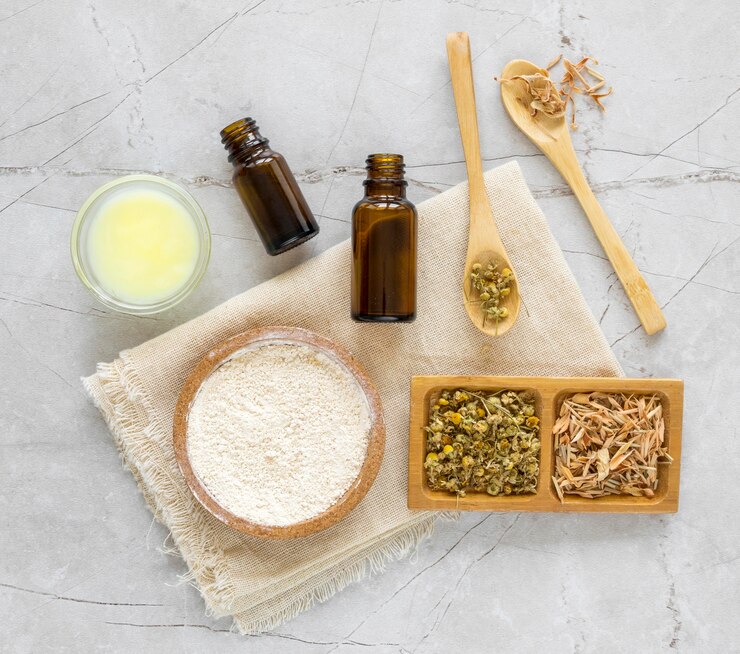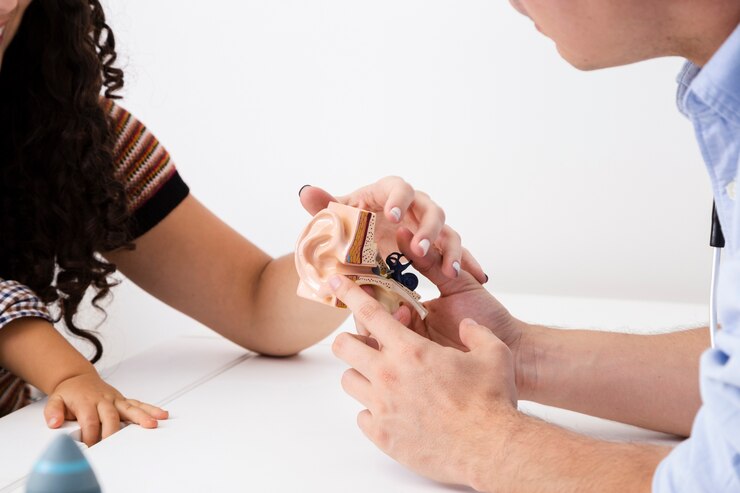
Do you recall those high school biology lessons about hormones and their significance in our bodies? I certainly do. I was fascinated by the endocrine system and soaked up everything about it. However, I had no clue back then that synthetic chemicals—those we ingest, apply to our skin, breathe in, or touch—could affect this system and alter our hormones.
Unfortunately, we encounter hormone-disrupting chemicals, known as endocrine-disrupting chemicals (EDCs), every day. These exposures are significant, whether you’re trying to conceive, pregnant, have children going through puberty, or you’re experiencing menopause—regardless of age or gender.
In this article, I’ll guide you through understanding EDCs and reveal effective ways to steer clear of them. But first, let’s start with the basics:
### What is the endocrine system?
The endocrine system consists of glands like the thyroid, pituitary gland, ovaries, testicles, pancreas, and adrenal glands, among others. These glands release hormones, which are chemical messengers that interact with specific receptors. These interactions help regulate crucial functions such as growth, development, reproduction, energy balance, metabolism, and body weight.
### What are hormones?
Hormones are like couriers, delivering important messages to your cells to trigger actions. While many of us associate hormones with PMS, they actually influence everything from mood and behavior to reproductive and metabolic processes.
### What are endocrine-disrupting chemicals (EDCs)?
EDCs are external chemicals that interfere with the natural actions of hormones. They’re found in the environment—in air, water, soil, food, personal care products, and microplastics—and they disrupt your endocrine system. We are exposed to them daily.
### What effects do EDCs have?
EDCs can imitate, modify, and either increase or decrease hormones, leading to numerous health issues such as cancer, reproductive problems, neurological disorders, and obesity. They can affect sperm quality, fertility, sex organ development, cause endometriosis, PMS, early puberty, and much more.
### Where can EDCs be found?
Out of approximately 85,000 synthetic chemicals, about 1,000 are recognized as EDCs. Sadly, chemical companies aren’t required to prove their safety. While there isn’t a single solution to counteract EDCs, awareness and avoidance are key. Learn where they are and take steps to minimize exposure.
### 11 Ways to Avoid Hormone-Disrupting Chemicals (EDCs)
1. **Wash your hands with plain soap**: Regular soap is crucial—especially before meals. Items like receipts, antibacterial soap, and fragranced soap contain EDCs.
2. **Skip perfume**: Fragrances, whether perfume or cologne, are full of hormone-disrupting phthalates. Opt for essential oils and fragrance-free personal care products.
3. **Clean often**: Household dust often harbors flame retardants. Vacuum with a HEPA filter, ensure good ventilation, and dust with a damp cloth.
4. **Choose organic food**: Organic farming prohibits synthetic pesticides, which are loaded with EDCs. I offer tips on eating organic on a budget and growing your own food.
5. **Avoid canned foods**: They often contain BPA in their linings—a known hormone disruptor. Instead, choose frozen fruits and vegetables for convenience.
6. **Cook in stainless steel or cast iron**: Non-stick cookware can introduce hormone-disrupting chemicals. I’ve got more details on non-toxic cookware.
7. **Limit plastic use**: Though eliminating plastic entirely is hard, avoid plastics labeled #3 and #7 due to BPA and phthalates. Choose stainless steel or glass for food storage.
8. **Use a water filter**: Essential for removing pesticides, microplastics, and heavy metals. Not all filters are equal—a carbon filter isn’t sufficient.
9. **Select natural beauty products**: Conventional products often hide hormone-disrupting elements. I’ve been committed since 2013 to offering clean, effective, and toxin-free products.
10. **Opt for eco-friendly cleaners**: Companies don’t always disclose full ingredient lists. Essential oils can be a great alternative.
11. **Consult your pharmacist**: Inquire if medications contain EDCs, as some prescriptions and over-the-counter drugs might have hormone-disrupting compounds.
I’ve provided a lot to think about and hope this empowers you to make healthier choices for yourself and those around you.
Thank you for these helpful reminders!
My pleasure!
Thanks for the detailed info. Should I get rid of my old Tupperware, some of which is about 50 years old but still in good shape?
You’re welcome! I wouldn’t recommend using such old plastics since they’re likely breaking down and could contaminate the food stored in them.
Appreciate the insights! Do you have a preferred brand of table salt? I currently use only sea salt and Himalayan salt.
I recommend Redmond salt; they claim to be free from microplastics. Hope that helps!


